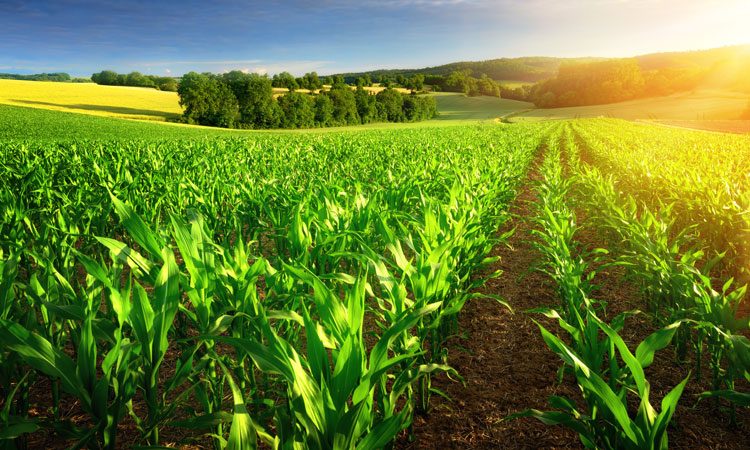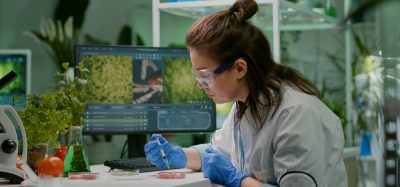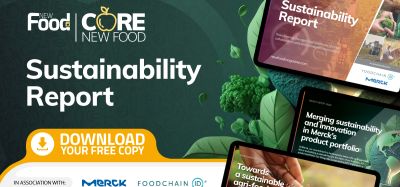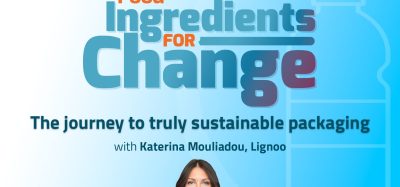Could organic farming alone feed Europe by 2050?
- Like
- Digg
- Del
- Tumblr
- VKontakte
- Buffer
- Love This
- Odnoklassniki
- Meneame
- Blogger
- Amazon
- Yahoo Mail
- Gmail
- AOL
- Newsvine
- HackerNews
- Evernote
- MySpace
- Mail.ru
- Viadeo
- Line
- Comments
- Yummly
- SMS
- Viber
- Telegram
- Subscribe
- Skype
- Facebook Messenger
- Kakao
- LiveJournal
- Yammer
- Edgar
- Fintel
- Mix
- Instapaper
- Copy Link
Posted: 21 June 2021 | Joshua Minchin (New Food) | No comments yet
Scientists from France’s CNRS suggest that a more sustainable food system is possible in Europe, but certain criteria need to be fulfilled in order to achieve the ambitious goal.


Food has become one of the major challenges of the 21st century. According to a study carried out by scientists from the French National Centre for Scientific Research (CNRS) as well as other European universities, an organic, sustainable, biodiversity-friendly agro-food system could be enough to feed Europe within the next 30 years or so. Implementing such a system would rely on three different processes according to the research team, all of which would need to be fulfilled in order to build an organic food system capable of sustaining the continent.
The first would involve a change in diet. Less consumption of animal products would be pivotal to making the organic system work, as it would enable farmers to limit intensive livestock farming and eliminate feed imports – leaving more resource available for crop farming.
The second lever would require the application of the principles of agroecology, with the generalisation of long, diversified crop rotation systems incorporating nitrogen-fixing legumes. Aside from helping to maintain soil structure and reducing the build-up of pests, it would enable farmers to do without synthetic nitrogen fertilisers and pesticides.
The final step towards achieving this goal would consist of bringing together crops and livestock, which the research team claims are often disconnected and concentrated in ultra-specialised regions. Most importantly, aligning crops and livestock more closely would allow for the optimal recycling of manure onto crop fields, eliminating the need for significant travel and transport time.
If all three of these steps are successfully taken, then CNRS scientists believe a wholly organic farming system is possible. They say it would be possible to reinforce Europe’s food autonomy, feed the predicted increased population in 2050, continue to export cereals to countries which need them for human consumption, and above all substantially reduce water pollution and greenhouse gas emissions from agriculture.









